The NATO Summit in Vilnius is a crossroads for the West. Not only is Ukraine’s potential membership on the agenda but so is the potential to widen NATO’s ambit to include nations in the Indo-Pacific, such as Australia. A globally networked NATO, doing what the UN has failed to do, is the world’s best hope for peace.
Already a subscriber? Log in
Subscribe for just $2 a week
Try a month of The Spectator Australia absolutely free and without commitment. Not only that but – if you choose to continue – you’ll pay just $2 a week for your first year.
- Unlimited access to spectator.com.au and app
- The weekly edition on the Spectator Australia app
- Spectator podcasts and newsletters
- Full access to spectator.co.uk
Or

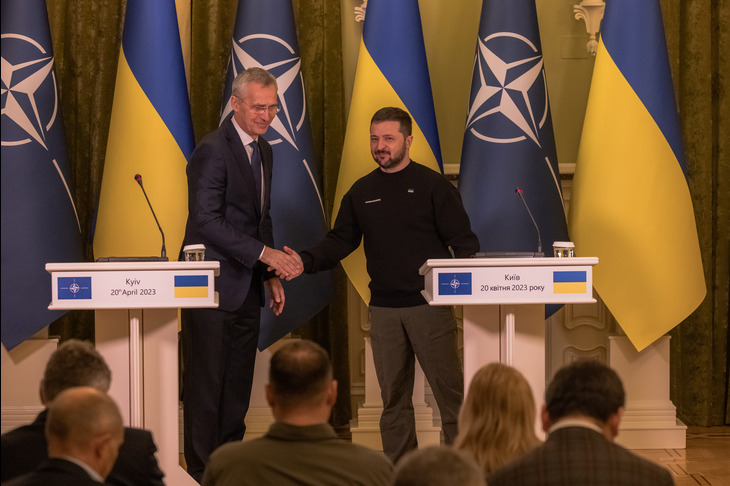
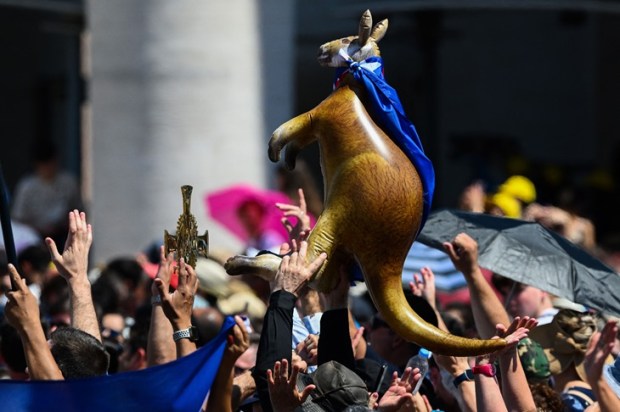
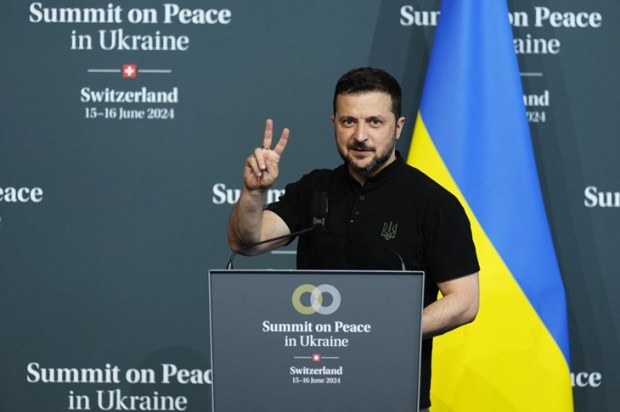
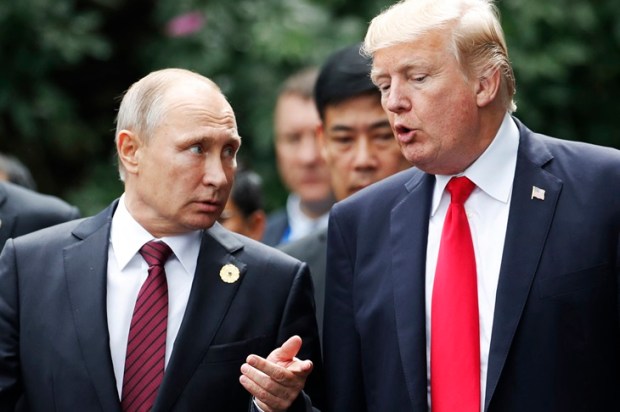
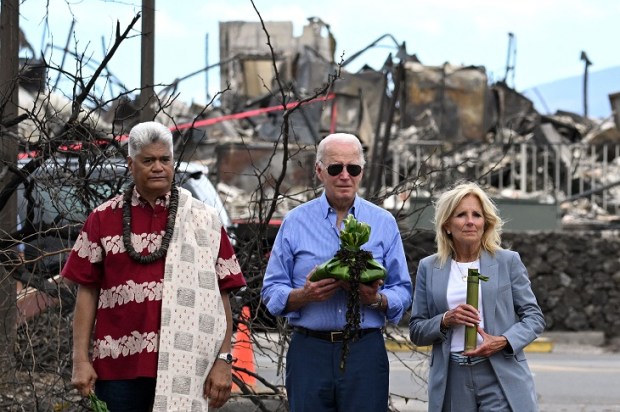
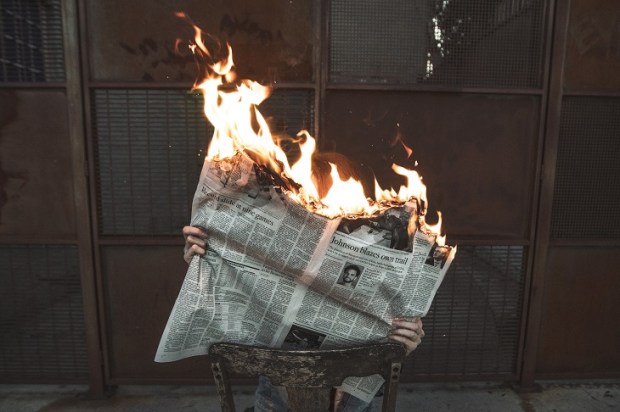
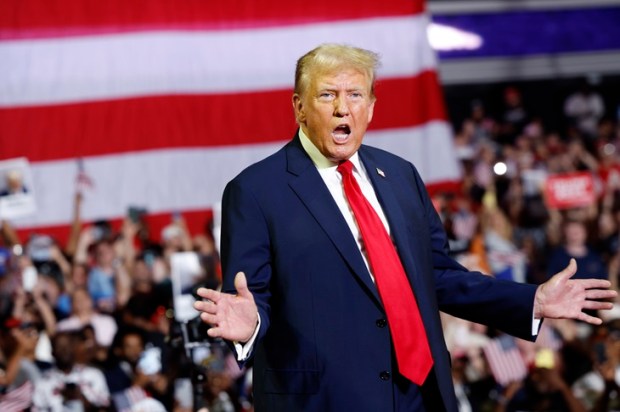


















Comments
Don't miss out
Join the conversation with other Spectator Australia readers. Subscribe to leave a comment.
SUBSCRIBEAlready a subscriber? Log in